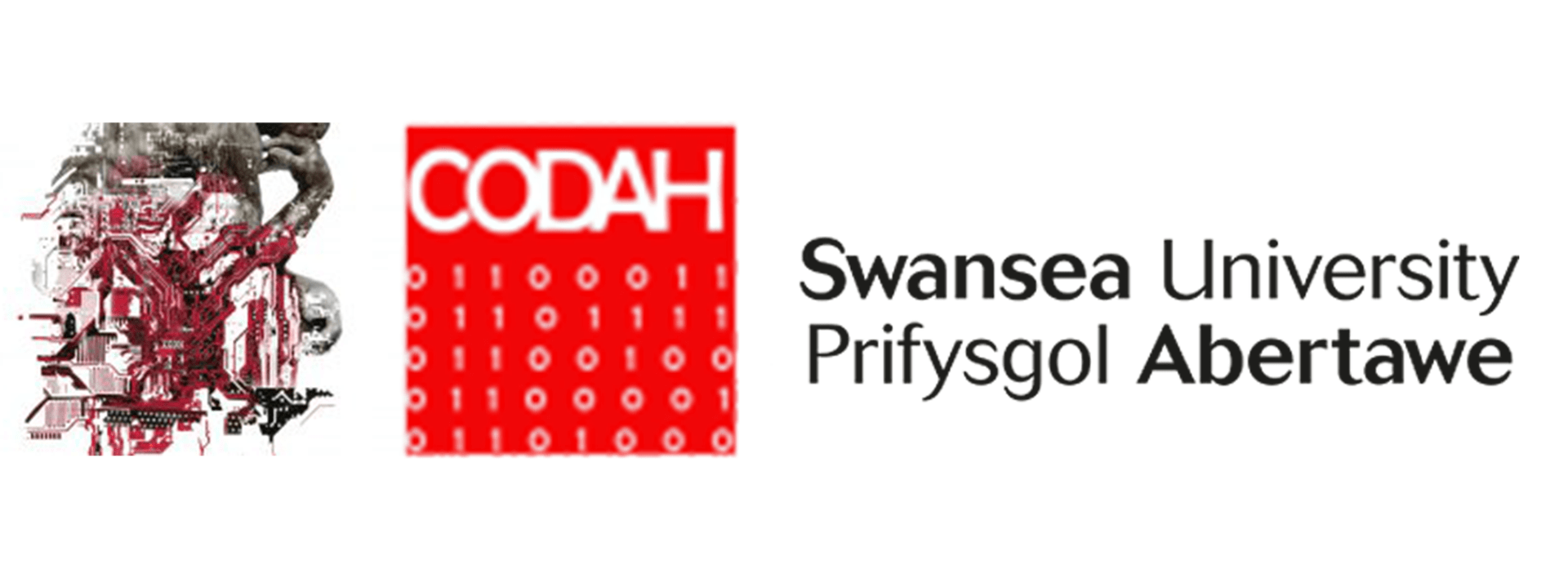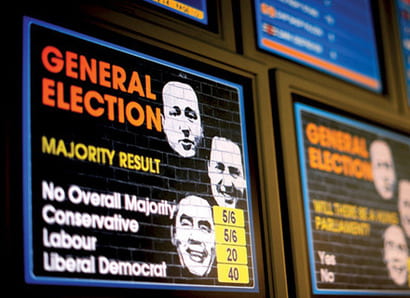All in the Surf Room, Fulton House, on Tuesdays at 12:00 (February 10, February 24, March 10, March 24)
- February 10: Dr Kasia Szpakowska (Swansea)
Digging into Demons: The Ancient Egyptian Demonology Project Database
In this presentation I will provide an overview of the Ancient Egyptian Demonology Project: Second Millennium BCE, centered at Swansea University, Wales. Central to the project is the development of a relational database of liminal entities or demons. At this pilot stage we are focussing on a limited range of objects from a limited time span: coffins, wands, headrests, figurines and manuscript (usually papyrus). As with all archaeological databases, the core materials are often fragmentary, necessitating complex relationships with the data pertaining to the fragment, section, and objects, with each type having its own idiosyncratic challenges.
Midway through this 3-year project we have narrowed down the particular challenges we face and seek help with:
– the development of the public facing site
– creation of useful visualisations
– efficient linking to existing databases
– statistical analyses
- February 24: Dr Bob Laramee (Swansea)
Adventures in Information Visualization: An Interactive Talk
Our ability to collect and store data is unprecedented. Our ability to derive knowledge from it remains limited. Data visualization exploits our most powerful sense, vision, in order to gain insight into large, multi-variate data-sets that describe complicated and often time-dependent events. This talk presents a selection of unique applications in the area of data visualization, showcasing some of visualization’s strengths, weaknesses, and goals, including projects based on flow, foam, text, and animal tracking.
Anturiaethau mewn Delweddu Gwybodaeth: Sgwrs Ryngweithiol
Mae ein gallu i gasglu a storio data yn ddigynsail. Mae ein gallu i gael gwybodaeth ohono yn parhau’n gyfyngedig. Mae delweddu data yn manteisio ar ein synnwyr mwyaf pwerus, sef golwg, i gael mewnwelediad i setiau data mawr, aml-amrywedd sy’n disgrifio digwyddiadau cymhleth ac sy’n aml yn ddibynnol ar amser. Mae’r sgwrs hon yn cyflwyno detholiad o geisiadau unigryw ym maes delweddu data, gan arddangos rhai o gryfderau delweddu, gwendidau, a nodau, gan gynnwys prosiectau sy’n seiliedig ar lif, ewyn, testun, a thracio anifeiliaid.
- March 10: Rick Turner (History) and Daniel Archambault (Computer Science)
Mapping the Welsh Marcher Lordships: Results of a Pilot Project
The Norman kings established the Welsh Marcher lordships as a buffer zone and frontier with the Welsh. We digitally mapped their boundaries and ownership history for south east Wales. The project combines computer vision, geographic information system, and geographic visualization research.
Rick Turner (Hanes) a Daniel Archambault (Cyfrifiadureg)
Mapio Arglwyddi’r Mers Cymru: canlyniadau prosiect peilot
Sefydlodd y brenhinoedd Normanaidd Arglwyddi’r Mers Cymru fel cylchfa ragod a ffin â’r Cymry. Fe wnaethom fapio eu ffiniau a hanes eu perchnogaeth yn ddigidol ar gyfer de-ddwyrain Cymru. Mae’r prosiect yn cyfuno golwg gyfrifiadurol, system gwybodaeth ddaearyddol ac ymchwil delweddu daearyddol.
- March 24: David Beavan and Dr James Hetherington (UCL)
The Craftsperson and the Scholar: the Role of Software Engineers in Humanities Research
David Beaven is Senior Research Associate, Faculty of Arts & Humanities, and Research Manager and Associate Director for Research for UCL Centre for Digital Humanities. James Hetherington founded the UCL Research Software Development Team and is Honorary Lecturer, Dept of Computer Science.
Digital Humanities (possibly because of those capital letters) is often perceived as a separate entity to the traditional humanities subjects: different, edgy, cool. ‘What is/are the Digital Humanities?’ has long distracted the field. The right question is ‘What can Digital Humanities do for you?’ IT development is not a commodity, just as interesting research questions don’t grow on trees.
At the heart of Digital Humanities is collaboration between humanities scholars and professional software engineers, in partnership. David Beavan will explore that collaboration, from the professional IT angle and from the humanities perspective. How can a successful Digital Humanities centre be established and sustained, and how can the collaborative work which underpins it be fostered?
A particular problem in research software, encountered first by physical scientists, and then by life scientists, and now in humanities research, is the question of “Software Sustainability”: how can researchers write and maintain software that can last, and that can be used by someone other than the PhD student that wrote it? Can software be a form of scholarly communication between researchers, as well for instructing computers? How can work on software be measured for academic credit alongside other forms of research output?
Dr James Hetherington will talk about how his group works alongside UCL academics and research staff to build readable, reliable and efficient research software.
- May 5 – Professor Phil Reed (Psychology, Swansea U)
The Impacts of Digital Dependency
Concerns about the level of digital dependency have grown over the last decade, and, recently, the American Psychiatric Association has suggested that the concept of an ‘internet addiction’ should be examined seriously. The current talk will present evidence concerning whether heavy use of the internet and digital communications and media produces anything like an addiction, and will explore what the characteristics of such an addiction would be. The types of individual who are susceptible to displaying problematic internet use, and the consequences of such problematic use in terms of physical and mental health will be explored. The effect of digital media on people’s ability to hold social relationships and to conduct work will also be discussed.
- May 19: Dr Matt Wall (Politics and Cultural Studies) and Dr Stephen Lindsay (Computer Science)
‘What are the odds? Capturing and exploring data created by online political gambling markets
The project has gathered and analysed gambling market data concerning elections and referendums, the key means by which citizens influence policy in representative democracies. From an academic viewpoint, online political gambling markets provide unique data about the shifts that take place during election campaigns. Such shifts are currently measured via polling data – however, polls are highly expensive, tend to be conducted at irregular intervals, and polling houses differ in sampling and weighting methodologies. Online gambling markets provide free, minute-by-minute snapshots of outcome likelihoods during a campaign, all generated by the same mechanism. However, gathering and organising such data is not straightforward, especially given the number of sites offering political betting markets – each site has a specific format and features which must be taken into account. Furthermore these are ‘big’ – in terms of volume (for instance, the UK general election dataset size is estimated at 9.5 GB) and velocity (the speed at which markets can react to external events). Storing and analysing such data requires bespoke tools and techniques. For this reason, ‘What are the odds?’ is a collaboration between political scientists and computer scientists, whose key goal is to allow both the research team and other researchers to capture and analyse the data created by online political gambling markets.

